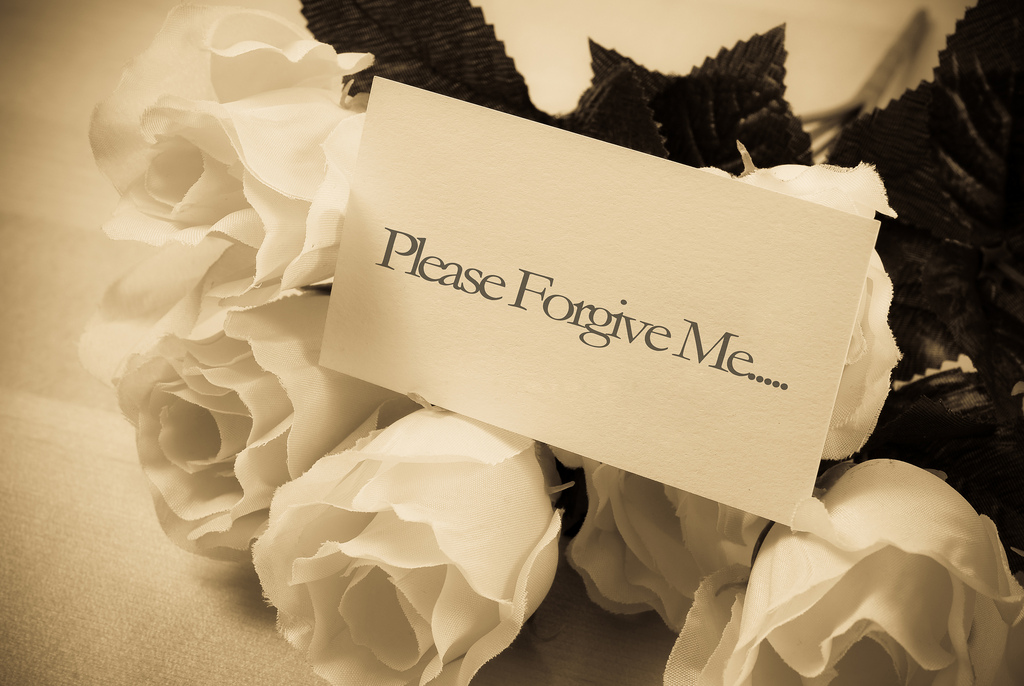The way we feel — especially when we feel hurt or angry — can cause negative effects in the body due to the neurological and neurochemical connections between body and mind. If we internalize anger, our nervous and hormone systems react, creating neurotransmitter chemicals that can lead to harmful side effects. This can compromise our health as well as our personal and professional relationships. In short, holding in our emotions can lead to illness as well as unhappiness.
Angry Consequences
Anger that is felt over a period of time is unhealthy. When we become angry and do not express ourselves in a productive manner, the body reacts through the stress adaptation response. This includes biochemical physical responses that can lead to illness or death. If we are habitually angry, the conditions that can occur as a result of this physical response to the chronic or ongoing anger include:
–Asthma
-Elevated blood pressure
-Glaucoma
-Heart attack
-Hiatus hernia
-Hives
-Increased heart rate
-Low back pain
-Migraines
-Psoriasis
-Shortened life expectancy
-Stroke
-Tense muscles
-Ulcers
In addition to thousands of anger and stress studies, many other health studies have connected anger to loneliness, chronic anxiety, depression, eating disorders, sleep disorders, obsessive-compulsive behavior and phobias. It can also have a detrimental effect on our relationships and threaten the development and maintenance of intimate relationships. Communication is the key to learning how to handle our anger and creating healthy and fulfilling relationships.
Better Communication Skills For Better Health
Learning how to communicate does not have to be complicated. While most of us have developed communication skills from our families and environment, there are easy-to-learn, proven skills that can provide you with the tools and knowledge you need to be able to channel and express your anger or hurt feelings appropriately.
When we are able to express our feelings (be they sadness, frustration or anger), we feel more in control of our lives. We are able to create the type of relationships we want to experience with others.
Current whole health research has clearly shown that it is healthier to express and resolve our relationship issues than it is to hold them in and allow them either to make us ill or to cause conflicts at work, home or with friends and colleagues.
Join the conversation.
For more whole health discussions like this, listen to my weekly radio show Living Above The Drama available on iHeartRadio.


